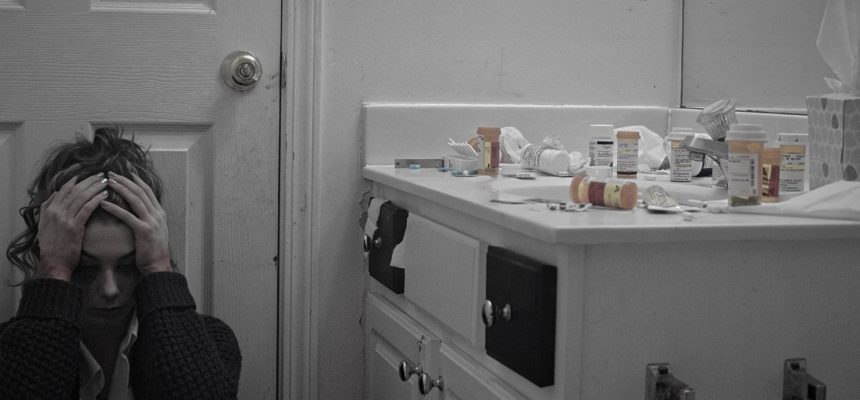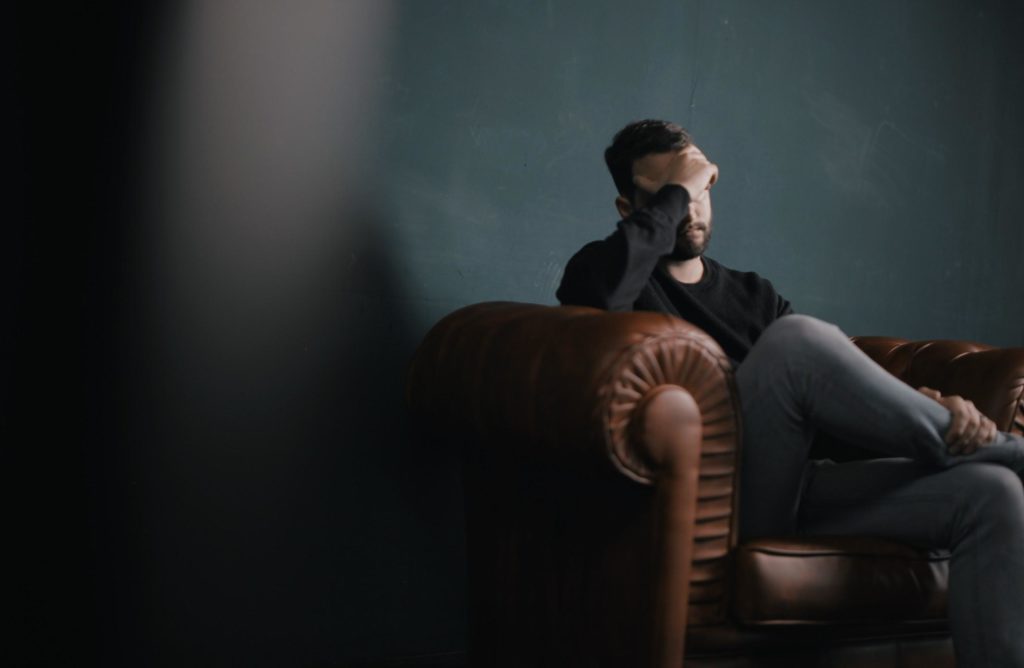
Substance Abuse and Suicide: Take Action
No one can pinpoint what causes suicide for each person struggling with those thoughts, but drug addiction and suicidal tendencies are often found to go hand-in-hand. That’s why knowing the stages of suicidal behavior and seeking out help, like alcohol addiction treatment, can make a huge difference in someone’s life. In fact, it could even save a life.
Can an Addiction to Prescription Drugs Lead to Suicide?
Suicide is the 10th leading cause of death in the United States.1 While there are many different causes, suicide is often linked to both depression and addiction. Depression and substance abuse are factors because many people who feel depressed and hopeless turn to different types of prescription drugs, alcohol, and harder drugs in order to cope.
Any type of addiction can lead to suicide. Unfortunately, most people find that turning to certain drugs and becoming addicted doesn’t help with their depressed state. It can even end up making things much worse.
In the case of opioids, the odds of suicide become even greater. Opioid addiction is one of the leading causes of drug-related deaths because it’s so easy to overdose. Therefore, it’s nearly impossible to know how many opioid-related deaths are on purpose or accidental. In 2015, more than 33,000 Americans died from an opioid overdose.2 As scary as it sounds, that number shows no sign of slowing down any time soon.
Whether you’re struggling with depression and addiction or you know someone who is, recognizing the signs and symptoms will make it easier to seek out treatment before it’s too late.
What Are Some Common Suicide Warning Signs?
If you’re worried about how addiction and mental health correlates to suicidal behavior, it’s important to take note of certain signs and symptoms. Understand that everyone experiences depression differently. People who take drugs may also act differently. Some drugs make individuals feel great for a period of time. There are other drugs that cause suicidal thoughts. Any type of drug addiction can eventually lead to this dangerous road.
Some of the most common warning signs to look out for include:
- Talking about wanting to die
- Talking about feeling trapped or stuck
- Abandoning relationships
- Feelings of hopelessness
- Irritable, anxious, or angry
- Decreased performance at work
- Lack of desire to do things they typically enjoy
You know yourself or your loved ones better than anyone. These symptoms are fairly common, but pay attention to any sudden changes that might be worrisome to you or someone you know.

Treatment Options for Substance Abuse and Suicidal Ideation
The best thing you can do if you or someone you know is struggling with substance abuse and suicidal thoughts is to seek out help immediately. It isn’t always easy to do. Depression and addiction are two different things, no matter how closely related. As a result, they need to be treated differently.
One of the best options is to get treatment for addiction first. Treatment centers like Yellowstone Recovery offer both intensive outpatient programs and inpatient rehab treatment.
It might seem overwhelming, at first, to consider such intense programs in order to beat your addiction and manage depressive thoughts, but it’s important to know that help is available. You don’t have to surrender to your addiction any longer, and you don’t have to continue living in a state of hopelessness.
If you or someone you know is struggling with depression linked to substance abuse and you’re worried about the possibility of suicide, don’t wait any longer. Please contact us to start a treatment program as soon as possible. You could be saving the life of someone you love— including your own.
Sources:
- https://afsp.org/suicide-statistics/
- https://www.drugabuse.gov/drugs-abuse/opioids/opioid-overdose-crisis








